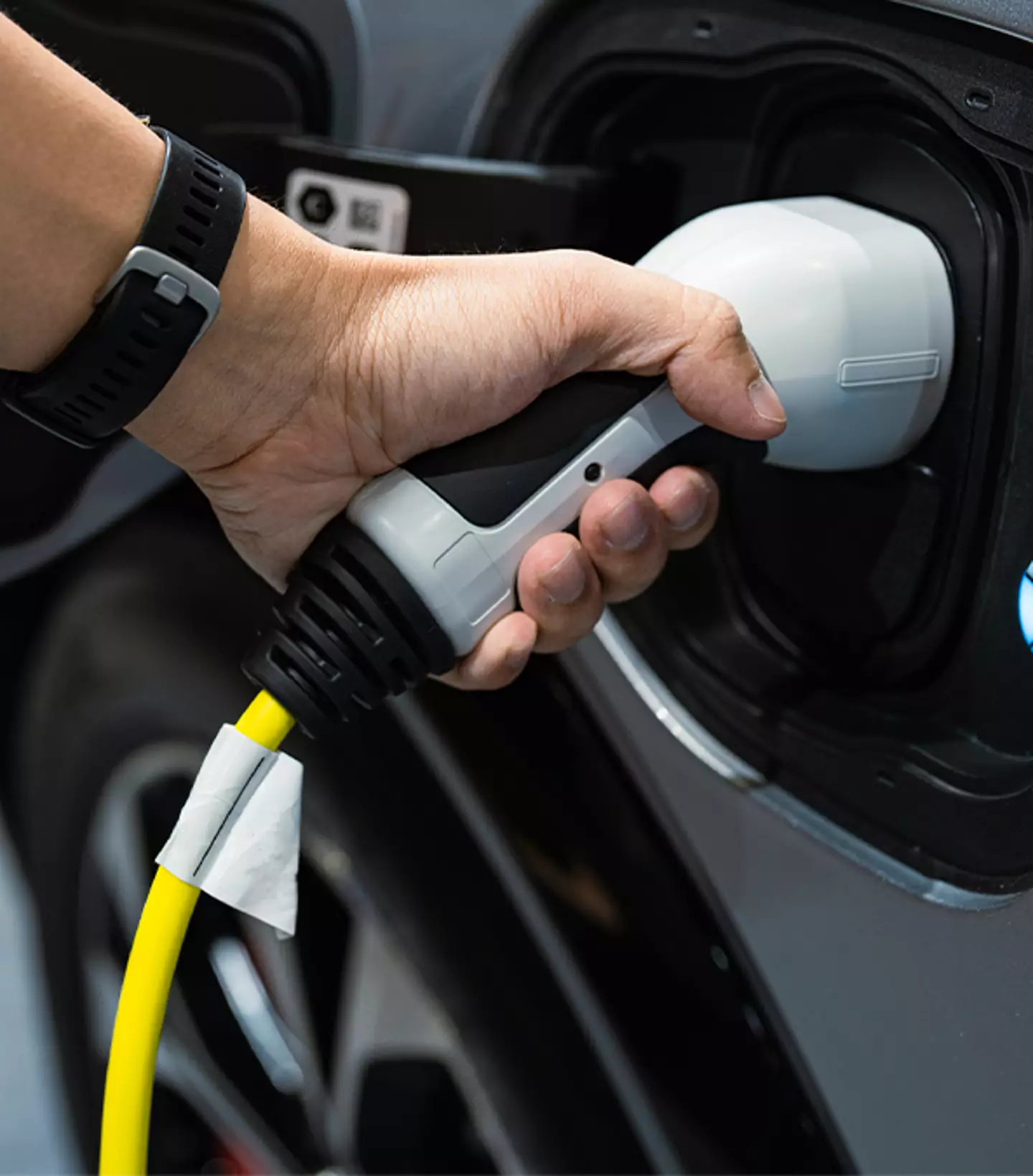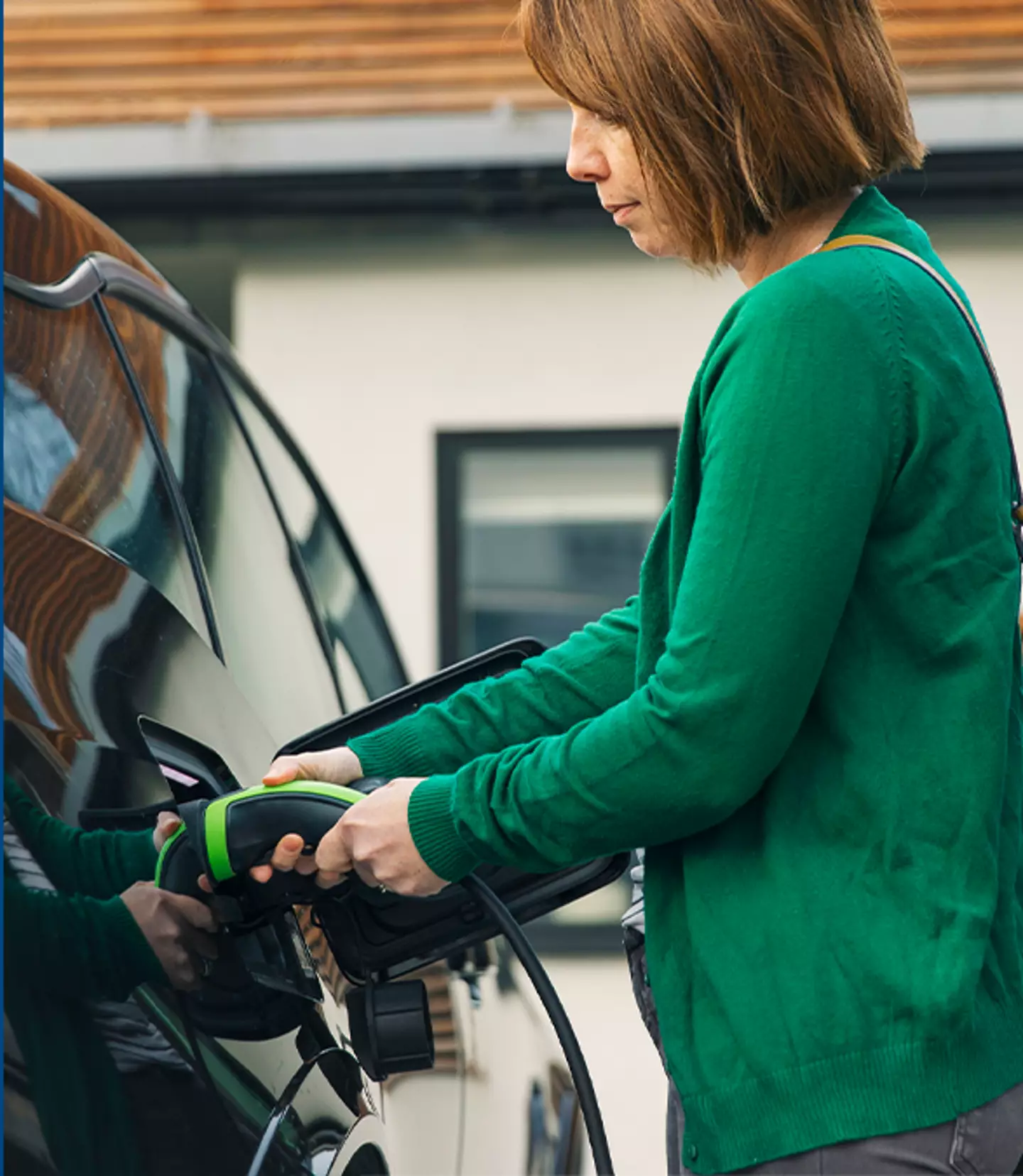
With the increasing costs of utilities and energy bills, discovering new hacks to cut down on expenses is a breath of fresh air.
Good news for electric car owners as you may be able to cut back on some costs!
Households could look to use electric vehicle (EV) batteries to power their appliances, which could mean significant savings on your energy bills.

Advert
According to the Department for Energy Security and Net Zero, electric car owners can charge their electrical vehicles this through 'bi-directional charging.'
This means households can take advantage of off-peak electricity rates to charge their EVs and then use the stored energy in their homes during peak hours.
The new technology follows existing smart charging technologies, where EVs can be charged overnight when the electricity prices are much lower.
The government is awarding four projects a share of £4.8m to develop and implement 'Vehicle-to-Everything' (V2X) technology, which would also allow families and businesses to 'sell electricity from their vehicles back to the grid when prices are higher.'
However, while this presents an opportunity for significant cost savings, not all electric vehicles support the V2X technology. Some compatible models include the Hyundai Ioniq 5 and 6, Nissan Leaf and Volkswagen ID Buzz.
The UK government has suggested that owners of these vehicles could save 'hundreds of pounds' on their energy bills by utilising this technology.

Minister for affordability and skills Amanda Solloway said the concept of families using electric vehicles to power their homes was 'incredibly exciting'.
Solloway continued: 'By backing this technology, we could save families hundreds of pounds a year, while also supporting jobs, investment and growth.'
The funding comes after the announcement of the new Renault 5 vehicle, set for a UK launch in 2025.
Renault's new launch will come equipped with an 'vehicle to grid' charging system, marking it as one of the first vehicles on the market to use this technology.
Transport Minister for Technology and Decarbonisation Anthony Browne said: 'We're continuing to support drivers, and this innovative new development is the next step in levelling-up our charging technology, which will benefit many households across the country.
'This government has already spent over £2bn in the transition to electric vehicles and our charging network is growing at pace, with 44% more public charge points than this time last year, meaning drivers can charge more easily than before.'
The government initiative hopes that movements like these will make it 'even easier to rely on renewable technologies such as solar panels' with less need for fossil fuels.